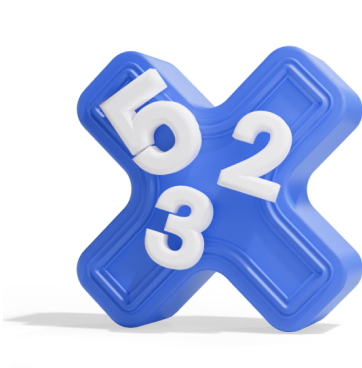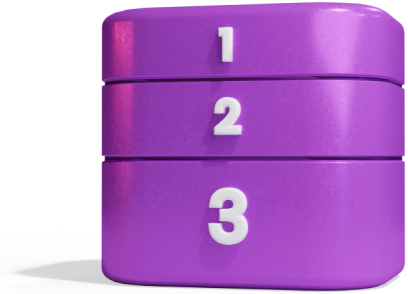
How Credit Card Interest Rates Work
Are you familiar with the term “living beyond your means”? This means that the temptation to live a life of luxury has become too great, causing you to fall into the trap of spending more money than you have. This often happens through improper use of a credit card.
Purchasing items with a credit card can lead to shopping with money you don’t actually have. When you use a credit card, you are agreeing that if you don’t pay back the amount you charged to your card in full by the end of the next billing period, that you will start to be charged interest.
There’s a difference between credit card loans and a loan on a house or a car. Mortgages and car loans are loans to be used for one specific purpose, agreed upon with the bank. The bank then uses your house or car, depending on what you loaned the money for, as security. This means that if you fail to make your payments, the bank may repossess, or take away, your property. For credit card loans, the bank grants you a loan that you can spend on whatever you want, whenever you want. You don’t have to spend all the money at once, and you only pay for the part of the loan you’ve used and then failed to immediately repay. There is a limit on how much you can borrow, known as a credit limit, on the credit card. But when you receive a credit card loan, unlike with a house or a car, the bank doesn’t have some of your property to use as security. That’s one of the reasons why the interest rate you pay for using a credit card is much higher than the interest rate you pay on mortgages and car loans. So it is always better to only charge as much money to your credit card as you’re able to repay each month.
Those who end up “living beyond their means” haven’t necessarily had a desire to live a life in excess, or spend money they don’t have. Oftentimes they’ve ended up financially disadvantaged because they don’t know how a credit card works – namely that you have to repay all the money you spend, and that you are obliged to pay a very high interest rate on top of that. Or, they have run into unexpected expenses, such as medical bills, or repairs to their car or house, and they couldn’t pay for them any other way.
Because credit cards usually carry very high interest rates, I would recommend that you use a debit card instead, if you aren’t sure you can pay your whole credit card balance off right away. A debit card works just like a credit card, but the money you spend is money you have deposited in the bank. When that card is empty, it means your bank account is empty. To use the debit card again, you have to deposit more money, or wait for your next paycheck.
Think About This
You have to pay to repair your broken phone. You use a credit card with an annual interest rate of . Unfortunately, it will take a year before you’re able to pay off your card balance. How much do you owe the bank when you pay off your credit card debt?
First, we find the % interest on the $:
This means you have to pay $ more than the cost of the repair itself if you use a credit card rather than a debit card. In total, you will have to pay
Example 1
After another fight against Voldemort, Harry, Ron and Hermione go on a much needed vacation. Their entire trip costs , and they use Harry’s credit card to pay for it. When they return home, they realize that they’ve spent more money on food and fun than they originally planned, so when the bill from the credit card company arrives, they don’t have enough money to cover it. The balance sits unpaid for 30 days after it was due. The annual interest rate on the credit card is . How much interest is added to the credit card loan, and how much do they have to pay back in total?
To find the interest for that month, you multiply the credit card loan by the annual interest rate and by how much of the year has passed. In this case, that’s days divided by days. Be aware of leap years! Then, you’ll find that the added interest is
The loan has grown by $ after one month. The wizards need to add that amount to the original loan of $. In total, they have to pay
If they postpone paying off the debt for another month, they would then need to pay interest on $, the new total balance. That’s the cost of the holiday and the compound interest!



















